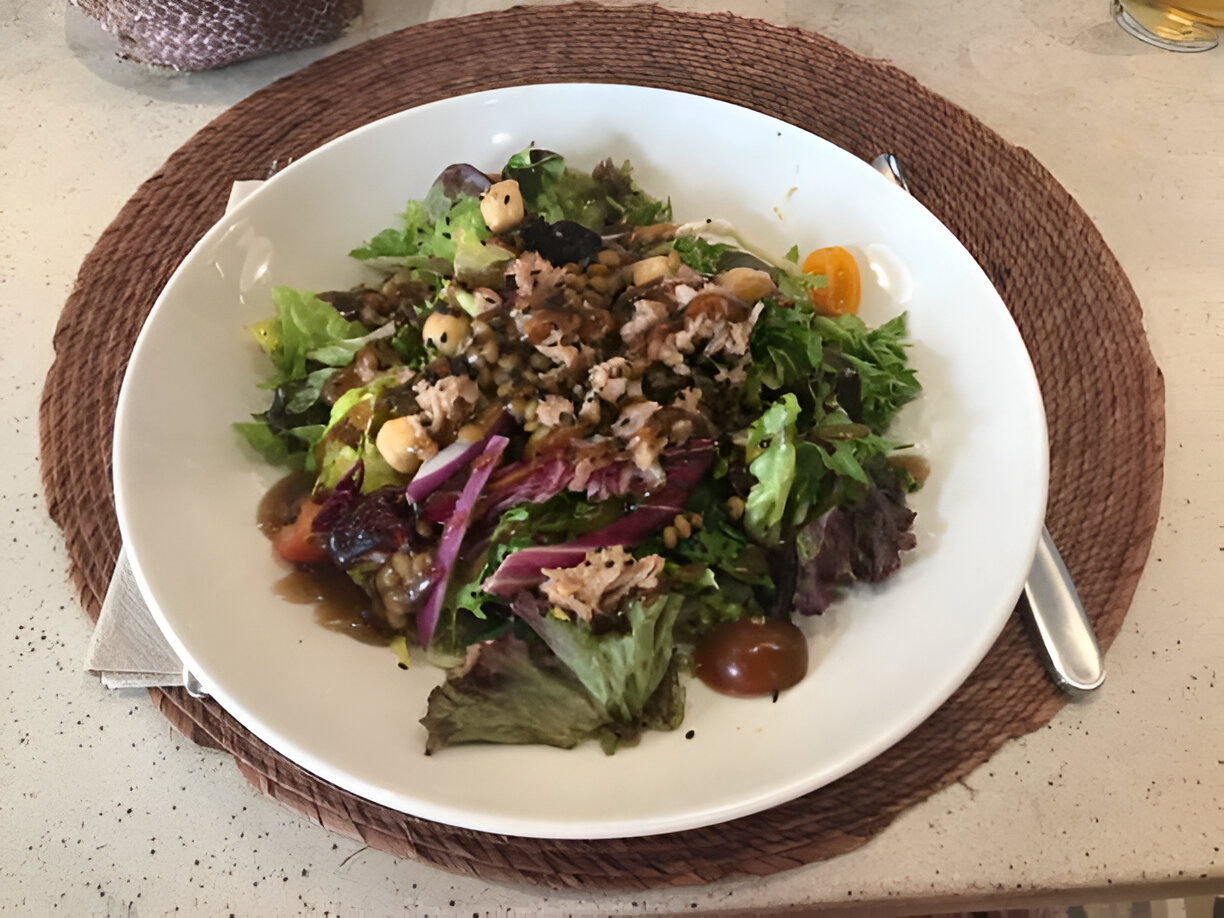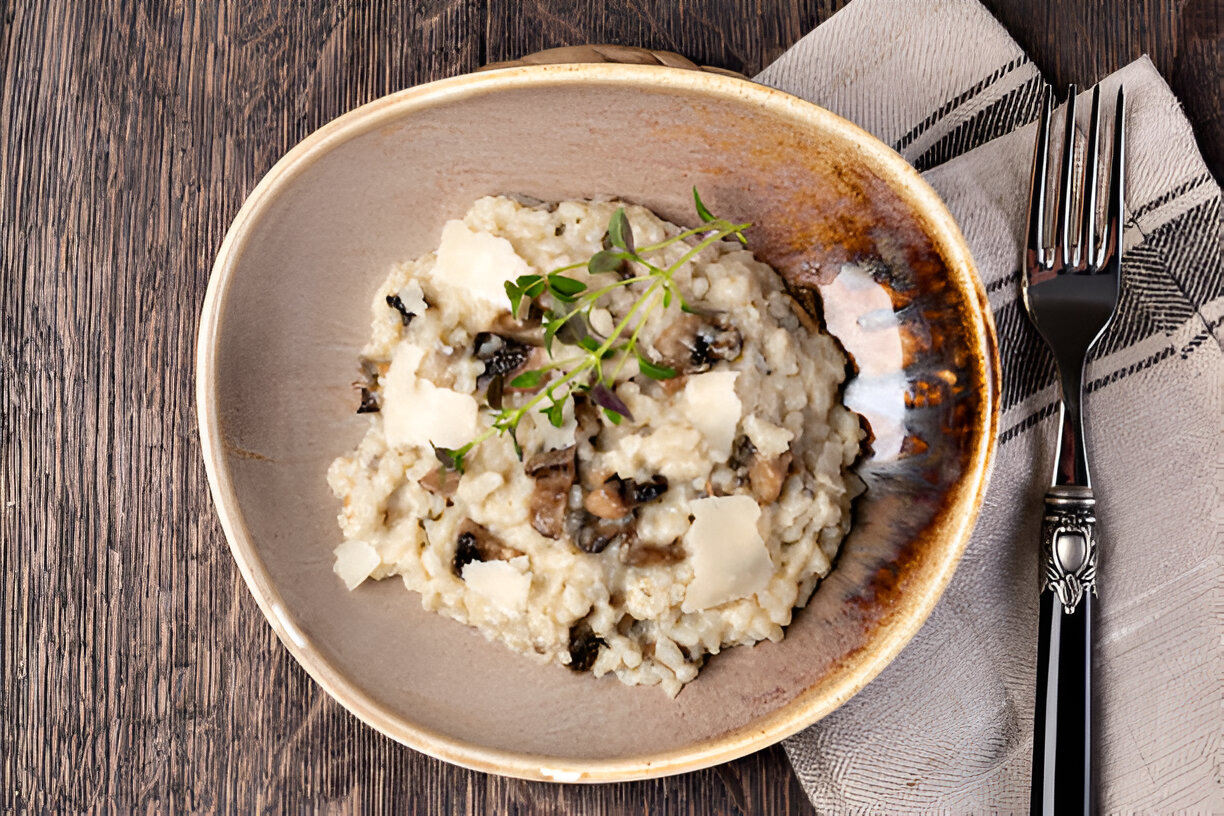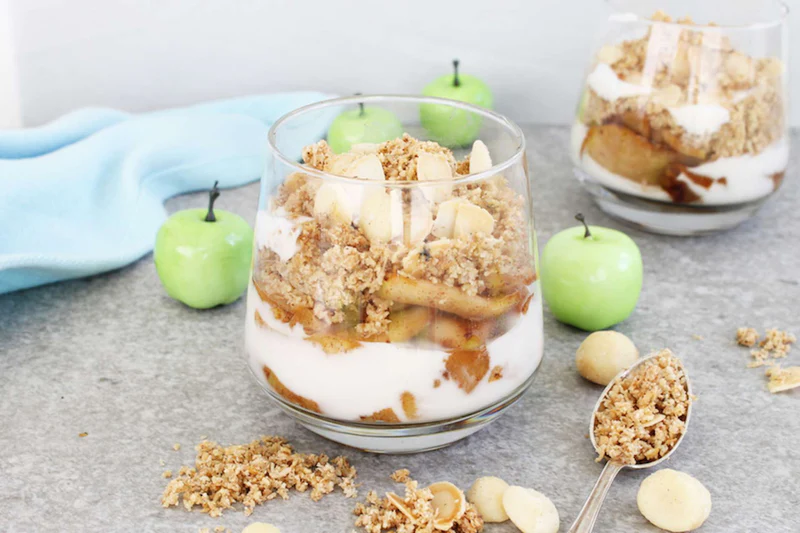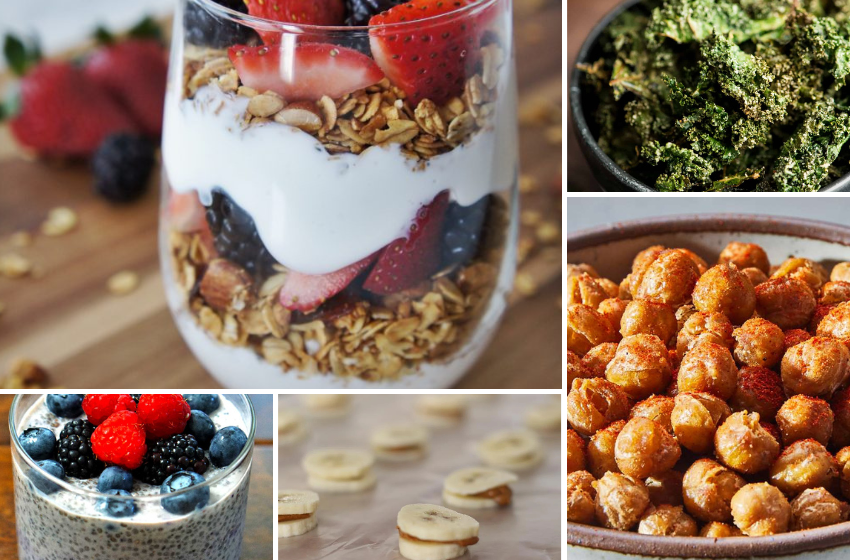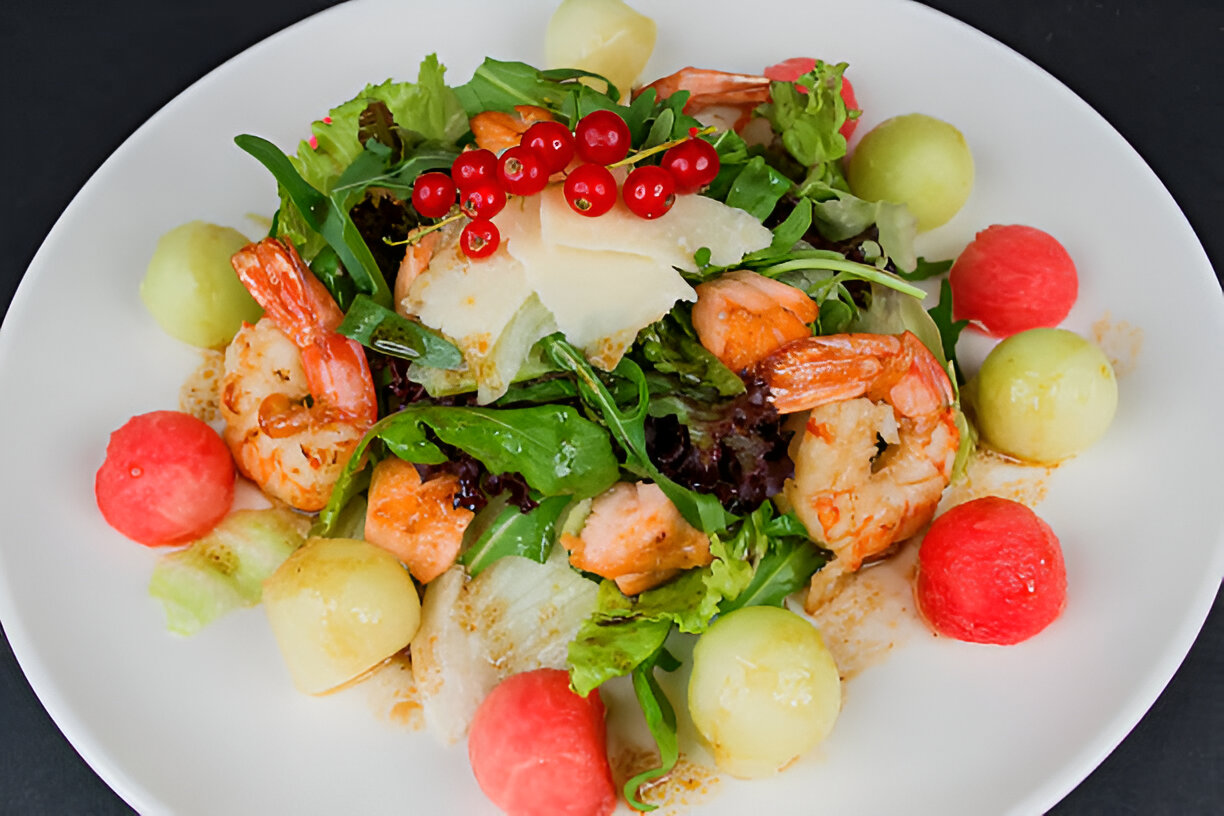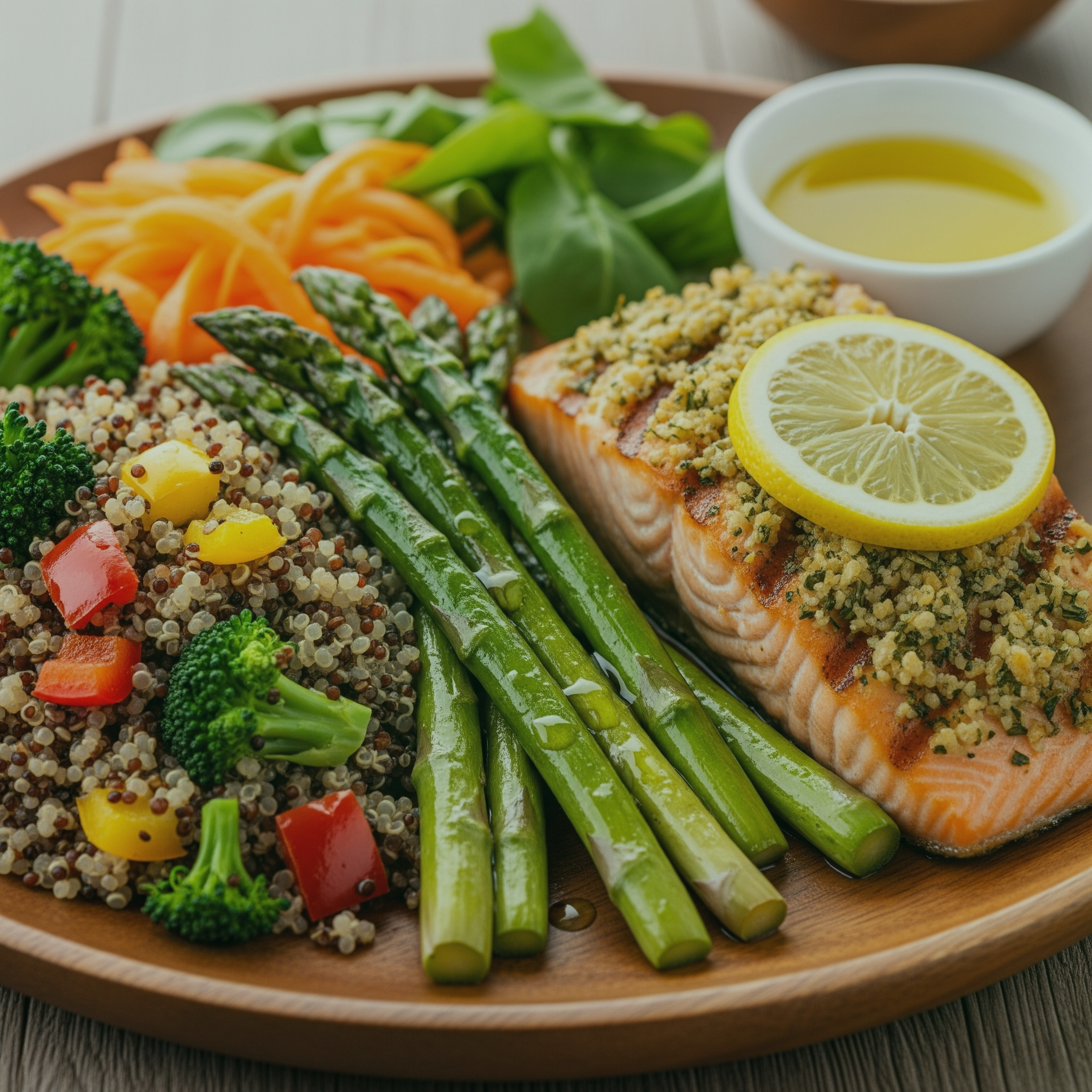In This Article
Egg white nutrients may not get as much attention as trendy superfoods or colorful smoothie bowls, but they hold a unique place in your kitchen and your health. They're often the unsung hero on your plate, packed with pure, clean protein and a host of benefits that support your energy, strength, and daily wellness.
There’s something comforting about cracking open an egg. The gentle tap, the familiar sound, the way the whites slowly slide into the bowl. It feels simple. Ordinary, even. But inside that translucent egg white lies a quiet kind of power.
If you're looking for a way to nourish your body with intention—without complication or overwhelm—egg whites are a beautiful place to begin. They're light, gentle, and full of life-giving potential. Let’s explore what makes them so valuable and how they can fit effortlessly into your everyday meals.
Let this be a gentle reminder: sometimes the smallest foods bring the biggest support. Especially when they come from a humble egg white.
Egg Whites and Egg Yolks: What’s the Difference?

When you look at an egg, it's easy to think of it as one whole thing. But inside, the white and the yolk serve different roles—both in nutrition and function. Understanding the difference between them helps you choose what suits your body and your goals best.
Egg whites are clear, soft, and made mostly of water and protein. They carry almost no fat and have nearly zero cholesterol. That makes them a favorite for those watching their fat and cholesterol intake or simply looking for fewer calories without sacrificing enough protein. This gentle balance is what makes egg whites such a popular choice among mindful eaters.
On the other hand, egg yolks are rich and golden. They hold most of the vitamins and minerals in the egg—like vitamin D, B12, and choline—and they also contain healthy fats. The yolk has all the dietary cholesterol, which for some people may be worth watching. But for healthy people, eating eggs with the yolk can be just as nourishing when done with balance.
So, should you skip the yolk? Not necessarily. Think of egg whites as a gentle way to lighten a meal while still filling your body with goodness. And think of whole eggs as a more complete package when your body needs a fuller source of energy and nutrients. There’s room for both, depending on your needs. That’s the beauty of eating with flexibility and care.
Why Egg Whites Are Called ‘Pure Protein'

The reason egg whites are so often praised comes down to one simple truth: they are one of the purest protein sources available. When you hear the phrase pure protein, it often refers to foods that give your body clean, efficient building blocks without added fat or cholesterol. Egg white nutrition offers just that—protein in its gentlest, cleanest form.
Each large egg white contains about 3.6 grams of high-quality protein, with virtually no fat or dietary cholesterol. That means you can support your protein intake without overloading your system with things you may be trying to limit. For those managing cholesterol levels or trying to reduce calories, egg whites are a smart, subtle solution.
Egg whites are also a complete protein, meaning they carry all nine essential amino acids your body can't make on its own. These amino acids are the foundation for so many processes—from building muscle tissue to healing wounds and producing enzymes. When you choose egg whites, you’re giving your body the tools it needs to renew itself, day after day.
If you ever feel unsure about your protein found in plant-based or lighter meals, adding a few two egg whites to your plate can gently lift the nutritional value without making your meal heavy or complicated. It's one of the simplest ways to bring ease and nourishment into your daily rhythm.
Muscle, Strength, and Energy: The Fitness Benefits

You don’t need to be a bodybuilder to benefit from the strength-building power of egg protein. Whether you’re doing resistance training, walking your dog, or chasing after a busy life, your muscles need care. And care often looks like steady, nourishing protein intake that fits smoothly into your lifestyle.
Egg whites offer a kind of soft, supportive strength. They help with postexercise muscle protein synthesis, which is a fancy way of saying they help your muscles repair and grow after you move your body. When paired with movement, this can support healthy muscle mass and make everyday activities feel easier and more fluid. Here are a few key benefits of eating egg whites for fitness and energy:
- Support muscle growth and recovery after workouts.
- Offer a low-calorie protein option to aid in weight management.
- Help maintain lean muscle mass, especially in older adults.
- Improve satiety, helping you feel full and energized longer.
- Provide a clean, cholesterol-free source of complete protein.
So if you're working on feeling stronger, more energized, or simply more connected to your body, egg whites can be a quiet but powerful companion on that journey. They don’t shout for attention—but they do show up, again and again, as a steady source of nourishment and strength.
READ ALSO: Broccoli-and-Cheese Over-Easy Omelet Recipe
Egg Whites and Your Daily Diet

Including egg whites in your everyday meals doesn’t have to be a complicated decision. In fact, their simplicity is part of what makes them such a supportive addition to your routine. For anyone trying to nourish themselves with a little more ease, egg whites offer a gentle, helpful nudge in the right direction.
Because they’re low in calories and high in protein, egg whites can play a key role in a balanced diet. They help you meet your daily value for protein without adding too much fat or cholesterol. This makes them especially helpful for those who are focusing on heart health, weight management, or reducing dietary fat. The best part? They do all this without compromising flavor or fullness.
It’s also easy to add them into meals you already love. You can blend egg whites into smoothies, stir them into oatmeal, or use them in baking to boost the protein content. They’re subtle and adapt well to both sweet and savory dishes. If you prefer egg whites over whole eggs, you’re not alone—many people enjoy the lightness they bring to a meal.
Whether you're preparing breakfast, lunch, or a post-workout snack, adding egg whites helps your plate feel more nourishing without making it feel heavier. It’s one of those small adjustments that makes a big difference over time. A reminder that food doesn't need to be fancy to be powerful.
Cooking Egg Whites the Right Way

Egg whites are as delicate as they are powerful. Cooking them gently is key to keeping their texture smooth and their nutrients intact. With just a little extra attention in the kitchen, you can get the best flavor and texture from every dish. Here are some gentle tips for cooking egg whites the right way:
- Use low to medium heat – Prevents rubbery texture and preserves protein quality.
- Whisk lightly – Air adds fluffiness and helps maintain a tender bite.
- Add herbs and spices – This brings flavor without adding fat or calories.
- Bake or steam – These gentle cooking methods protect the protein structure.
- Avoid overcooking – Remove from heat just as they set to keep them soft.
When it comes to raw egg whites, keep in mind that they can interfere with biotin absorption and increase the risk of food poisoning. Cooking your egg whites makes them safer and easier for your body to absorb.
And for those who like to prepare ahead, storing cooked or uncooked egg whites in an airtight container in the fridge keeps them fresh for a few days. With care and calm in your kitchen, egg whites can become one of your most nourishing and dependable ingredients.
Using Leftover Egg Whites Mindfully
If you often cook with whole eggs, chances are you’ve ended up with a bowl of leftover egg whites. Instead of letting them go to waste, why not turn them into something nourishing and satisfying? These extras are full of life and possibility. Here are a few easy and nourishing ways to use leftover egg whites:
- Blend them into smoothies for extra protein.
- Stir them into soups or stews for added richness.
- Use them in baking to lighten muffins, pancakes, or cookies.
- Make a veggie-packed egg white omelet or frittata.
- Whip them for desserts like meringues or protein-rich treats.
Need a little inspiration? Try a veggie-packed egg white omelet for breakfast or bake a batch of almond flour cookies using leftover egg whites as a binding ingredient. These small, nourishing choices can support your goals while honoring the food you already have in your kitchen.
Just be sure to store your leftover egg whites properly. An airtight container in the fridge will keep them fresh for up to four days. You can even freeze them if you need more time. That way, your nourishing habits don’t go to waste—they evolve into something beautiful and useful.
Whole Eggs vs. Only Egg Whites: What Should You Choose?

This is a question many people ask: should you eat whole eggs or only egg whites for the egg white nutrients? The answer isn’t one-size-fits-all. It really depends on your body, your health goals, and how you feel after eating each one. What matters most is choosing with intention, not fear.
Whole eggs contain both the white and the yolk, giving you a full spectrum of nutrients—from protein and fat to essential vitamins and minerals. The yolk is where you’ll find vitamin D, healthy fats, and dietary cholesterol. For most healthy people, eating whole eggs in moderation is not only safe but beneficial.
On the other hand, if you're looking to reduce fat or cholesterol intake, egg whites offer a clean alternative. They allow you to enjoy the protein benefits of eggs without the added fat or cholesterol. That’s why some people prefer egg whites—especially those managing high cholesterol or focused on a lower-fat diet.
The key is to tune into what your body needs. Some days, a hearty whole egg breakfast may be just right. Other times, a light meal with two egg whites might be perfect. Both options can support your health—you just have to listen gently and choose mindfully.
READ ALSO: Olive Oil Cake Recipe
Can You Eat Eggs Every Day? Let’s Talk Habits
It’s a question that comes up often: how many eggs can you safely eat each day? The answer depends on your health, lifestyle, and how eggs fit into your overall diet. For most healthy people, moderate egg consumption—whether from whole eggs or egg whites—is both safe and beneficial.
Egg whites, in particular, are a great everyday option. They have no cholesterol and are naturally low in fat, making them a go-to for those managing cholesterol levels or looking to maintain a lighter eating plan. If you’re eating several eggs daily, swapping in two egg whites for one whole egg can help lower overall fat and cholesterol intake while still giving you quality protein.
If you enjoy whole eggs, know that one whole egg contains about 186 mg of cholesterol—mainly in the yolk. Current guidelines suggest that moderate consumption, such as one whole egg per day, is fine for most healthy individuals. You can also mix it up: a few days with whole eggs, a few days with egg whites. It’s about creating balance, not restriction.
Listening to your body and choosing a variety of nourishing foods is the best guide. Whether you prefer egg whites, whole eggs, or both, they can fit into a sustainable, mindful eating pattern that supports your well-being.
Egg Whites for Every Body: Safe, Simple, Nourishing

Egg whites are widely tolerated by most people, but like all foods, they aren’t for everyone. Some individuals experience egg allergies, which can range from mild to severe. If you’re unsure or have experienced reactions after eating eggs, it’s important to speak with a healthcare provider before adding them to your routine.
For those who do tolerate them, egg whites nutrients are a safe and nourishing option to enjoy regularly. They’re especially useful if you’re following a low-fat, high-protein, or heart-conscious plan. And because they contain no saturated fat or dietary cholesterol, they make a great base for meals that are gentle on the digestive system. Here are a few thoughtful tips if you're navigating dietary concerns:
- Check for hidden ingredients – Processed foods may contain eggs unexpectedly.
- Start slow – Introduce egg whites gradually if you're unsure of how your body will react.
- Explore alternatives – Plant-based egg replacements exist for those with allergies.
- Prioritize variety – No single food can do it all. Balance is always key.
No matter your path, the goal is the same: to feel nourished, supported, and well. Egg whites may be a fit for you, or they may not. What matters most is that you choose with clarity, compassion, and care.
The Final Crack: A Simple Egg Can Be a Game-Changer
There is something quietly powerful about the egg. And when you look closer, especially at the egg white, it becomes clear that simplicity often holds the deepest nourishment. Egg white nutrients offer a low-calorie, protein-rich, and versatile way to support your body without excess.
Whether you choose them for their muscle-building support, their lightness, or their adaptability in everyday cooking, egg whites are a beautiful example of how eating well doesn’t have to be complex. It’s about presence, intention, and care.
Let this be your reminder that wellness isn’t built on extremes. It’s shaped by the small, thoughtful choices you make each day—like adding two egg whites to your breakfast, listening to what your body needs, or choosing food that feels kind and supportive.
As you move forward in your whole living journey, know this: you don’t need to chase perfection. You just need to keep choosing what nourishes you, one small step at a time. And sometimes, that step starts with something as simple as an egg.





